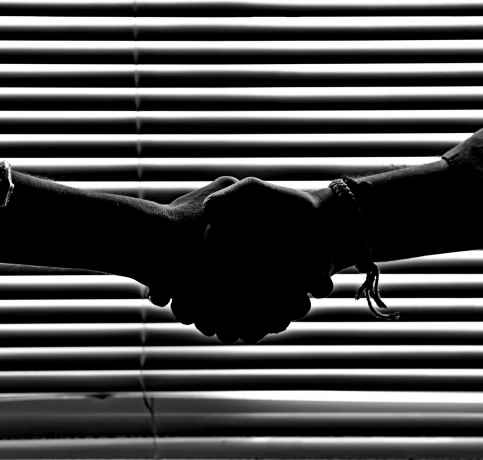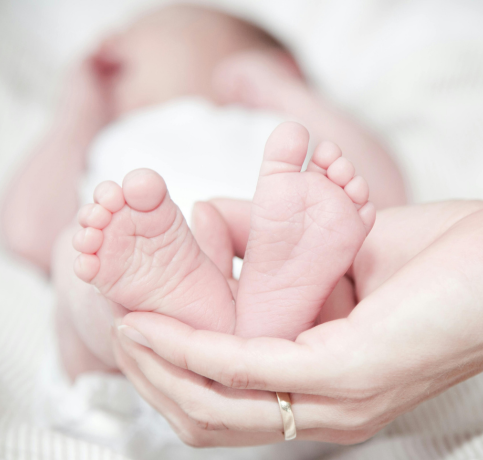Disability rights and inclusion
An estimated 1.3 billion people – or 16% of the global population – experience a significant disability today. This number is growing because of an increase in non-communicable diseases and people living longer. Persons with disabilities are a diverse group, and factors such as sex, age, gender identity, sexual orientation, religion, race, ethnicity, and economic situation affect their experiences in life and their health needs. Persons with disabilities die earlier, have poorer health, and experience more limitations in everyday functioning than others.
Empowering Lives Through Vision, Unity, and Care
Discover our commitment to fostering a brighter future for all.

Eyesight

People with Albinism

Clubfoot
Intervention
We collaborate with local partners to conduct community sensitization, advocate for inclusion, provide eye screenings, and offer free treatment and glasses to children with vision impairments. Furthermore we provide low-cost or free treatment for children with clubfoot using the Ponseti method and sunscreen for people with Albinism.

